REPRESENTING YOURSELF IN COURT
What is a Litigant in Person?
A Litigant in Person is someone who self-represents in Court or before a judge or tribunal. This is usually because they believe that they would rather speak directly to the judge, or they cannot afford to pay for legal representation.
I am a Litigant in Person – what support is available to me?
If you still need help with your matter without escalating your legal fees, there are some options that you can consider. But first, think about what help you may need, which typically includes:
- Preparing or submitting paperwork
- Reviewing your position and strategy
- Advising on your legal rights and obligations
- Representation in Court
There are cost effective ways to engage with professionals and others who can support you throughout the process. In this guide, we will focus on:
- Advocates
- McKenzie Friends
- Paralegals
- Qualified Lawyers

Advocates – what are they and how can they help?
An Advocate is a professional who has the right to speak on your behalf in Court. They can take instructions from you and provide advice about your hearing and the legal and practical implications of any decisions made or arguments put forward.
These professionals are usually instructed directly before a case hearing and do not manage your matter leading up to or after the case has ended. You can ask an Advocate to represent you on the day and ask them for assistance with case strategy.
Advocates are usually Barristers, Solicitors, Legal Executives or Paralegals who have received professional training and have been approved to represent clients. If you are instructing a Barrister, you will need to find one who has been granted a Direct Access Licence (which means that you can instruct them without the need to have a Solicitor).
McKenzie Friends – what are they and how can they help?
A McKenzie Friend is a person who can help you prepare for Court, who can sit with you and help you understand what is being said during the hearing and help you following the conclusion of the hearing. They are not permitted to speak on your behalf and the judge will not allow them to do so. They can be your Litigant in Person’s Friend (someone who sits with you and supports you throughout your matter but does not speak on your behalf).
You can ask a McKenzie Friend to help you with any aspect of matter preparation such as filling in paperwork, understanding the processes and procedures, and helping you pull everything together. A McKenzie Friend is not allowed to manage your case for you. This means that they cannot write to or respond to the other parties on your behalf.
Paralegals – what are they and how can they help?
A paralegal is a professional who works alongside qualified lawyers or may work independently. They are experts in their field but do not have a licence to practice like Solicitors, Barristers and Legal Executives hold. They can provide advice and guidance and may be permitted to represent you in some tribunals (such as the Employment Tribunal).
Paralegals cannot manage your matter and therefore they cannot correspond with others for and on your behalf, unless they have a licence to do so.
They can help you with strategy and understanding the law and your position, and with submitting paperwork and court forms. They can also help you as a Litigant in Person’s Friend (someone who sits with you and supports you throughout your matter but does not speak on your behalf).
Qualified Lawyers– what are they and how can they help?
A qualified lawyer is a professional who has received formal training and who has a practising licence. This means that they are regulated and are permitted to manage your matter, correspond with others for and on your behalf, and represent you in court. If you instruct them, they are your lawyer.
Lawyers can be Barristers, Solicitors, Legal Executives or other Court Appointed Advocates and they each provide different, yet similar functions. You can talk to your lawyer about any aspect of your case and they can assist you in the fullest way possible. Some Solicitors and Legal Executives are qualified as advocates and are permitted to represent you in the higher courts, which means you may not need a specialist Barrister for this role.
Paying for legal and professional support – what are my options?
Legal and professional support services will vary in price according to the type of professional and the services you need. If you have funds to pay for these services, you can get quotes for such work.
If you are on a limited income, you may be eligible for Legal Aid or other such state support. If you do not qualify for support, there may be a pro-bono (free service) provider who might be able to help.
Our top money saving tip when working with legal professionals…
Rather than engaging with a professional for an entire service, consider using them for part of the services you need help with such as preparing and filing documents or representation in court. This will save you money and help keep your legal and professional fees down.

